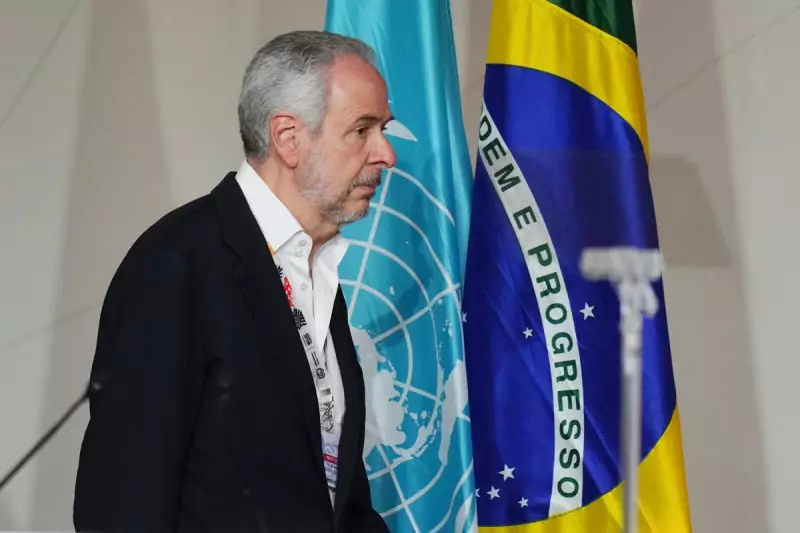
After two intense weeks of negotiations, this year's United Nations climate talks, known as COP30, concluded in Brazil on Saturday 22 November 2025. The final outcome has been labelled a weak compromise by many critics, while others have cautiously welcomed it as a step forward.
A Deal of Disappointment and Small Wins
The agreement, finalised in the city of Belém on the edge of the Amazon rainforest, pledges to triple the amount of financial support for vulnerable nations to adapt to climate change. However, this commitment will be rolled out over a five-year period, a timeline that some say is too slow. Crucially, the final text lacks an explicit roadmap to transition away from the fossil fuels—oil, coal, and gas—that are the primary drivers of planetary heating.
More than 80 countries had pushed for a detailed guide to phase out fossil fuels over the coming decades, but this was omitted from the final package. The conference's outcome fell short of the meaningful action demanded by scientists, activists, and Indigenous groups. In a symbolic setback, the conference venue itself even caught fire during the proceedings.
Mixed Reactions from World Leaders and Activists
Reactions to the deal were sharply divided. Ilana Seid, chair of the Alliance of Small Island States, expressed a degree of satisfaction, stating, "Given what we expected, what we came out with, we were happy."
In contrast, the final meeting saw heated exchanges, with Panama's negotiator, Juan Carlos Monterrey Gomez, delivering a blistering critique: "I will be brutally honest: The COP and the U.N. system are not working for you. They have never really worked for you. And today, they are failing you at a historic scale."
Sierra Leone’s environment minister, Jiwoh Abdulai, offered a more measured perspective, noting that "COP30 has not delivered everything Africa asked for, but it has moved the needle." He described the agreement as a "floor, not a ceiling."
The Path Forward After COP30
In a significant post-conference move, the COP President, André Corrêa do Lago, announced that Brazil would take an extra step by drafting its own roadmap for a fossil fuel phase-out. While not all countries have signed on, those in agreement will meet next year to specifically discuss the issue, though such an agreement would not carry the same weight as a unanimous UN decision.
The talks were set against the backdrop of the Amazon, where participants experienced extreme heat, humidity, and flooding—a deliberate choice by organisers to highlight what is at stake. Despite the 'Indigenous peoples' COP' nickname, protesters from Indigenous groups twice disrupted proceedings, demanding a greater voice. For the first time, the final text did include a paragraph mentioning Indigenous rights, which was hailed as a small victory by advocates like Taily Terena.
The real test, as one minister noted, will be how quickly these words turn into real projects that protect lives and livelihoods around the world.





